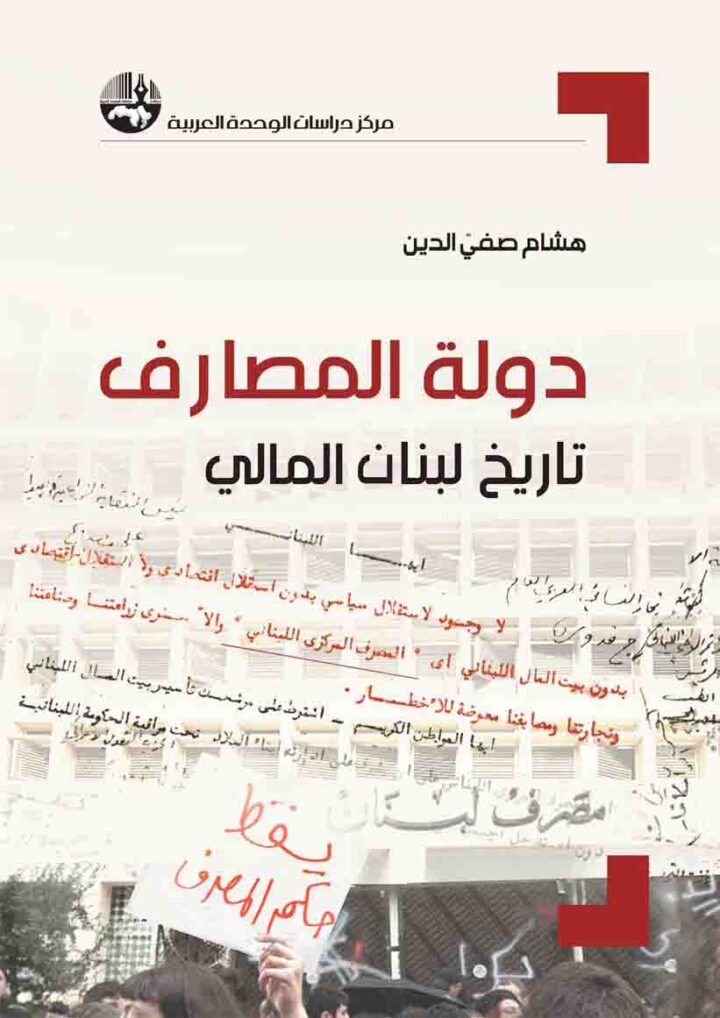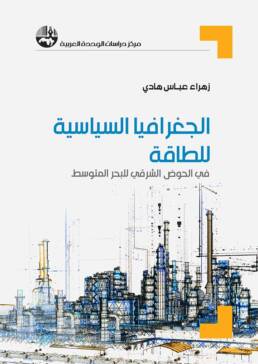The Center for Arab Unity Studies has published the book Banking on the State: The Financial Foundations of Lebanon by Dr. Hisham Safieddine (translated by Victor Sahab).
Shortly after the start of the popular uprising in Lebanon on the seventeenth of October 2019, broad groups of protesters crystallized radical slogans targeting the financial authority of the Lebanese system, most notably the slogan “Down the Bank Rule”. At that time, the contrast in the picture seemed sharp between two scenes: the scene of these slogans raised by these groups from the uprising, and the scene of the demand in the first decades after independence by unions, parties and popular forces to establish a central bank as a symbol of Lebanon’s economic independence, which the country’s political independence is incomplete without it.
Did the establishment of the Central Bank of Lebanon, in the sixties of the last century and floating the role of the banking sector to represent the backbone in the structure of the Lebanese economy, achieve the desired economic independence, or did it deepen the dependency of this economy, and ultimately contributed to the monetary collapse and to the financial bankruptcy Lebanon is witnessing today ?
This book provides a new reading of Lebanon’s modern economic history, especially in its financial dimension, that refutes many of the narratives, foundational assumptions and axioms that have dominated the political culture and the economic and social policies of the Lebanese system for decades. In this context, the book presents, according to a cosmic approach and documented in the archive, the conditions for the formation of the monetary and banking system in Lebanon in the context of colonial control projects over the region, and the emergence of globalized technocratic currents of thought, intersecting with the emergence of the institutional structure of the Lebanese state and the banking lobby, after independence, and their role in preserving the interests of domestic and foreign capital. The book also reveals, based on documents not yet published, the truth about the Intra Bank crisis and its repercussions on the banking system.
Add a review
You must be logged in to post a review.
You May Also Like
Ruling Regime in Oman: Ibadi Doctrine vs. Political Practice
Price range: 10 $ through 10 $
The New Masters of the World: Globalization, Thieves, Mercenaries and the Dawn
Price range: 5 $ through 10 $Israel: A State Without Identity
Price range: 7 $ through 11 $
Missed Opportunities with Abdelaziz Bouteflika
Price range: 10 $ through 14 $
Geopolitic of Energy in the Eastern Basin of the Mediterranean
Price range: 7 $ through 11 $
Reforming the Religious Domain
Price range: 10 $ through 16 $








